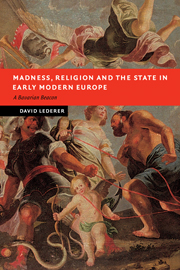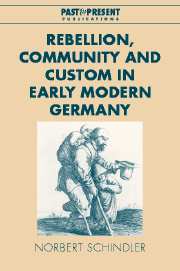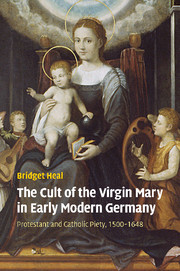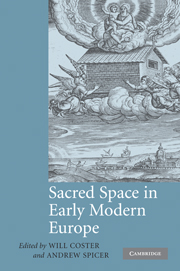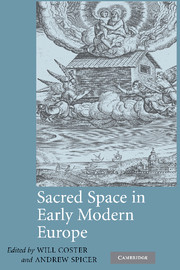Madness, Religion and the State in Early Modern Europe
From the ideological crucible of the Reformation emerged an embittered contest for the human soul. In the care of souls, the clergy zealously dispensed spiritual physic; for countless early modern Europeans, the first echelon of mental health care. During its heyday, spiritual physic touched the lives of thousands, from penitents and pilgrims to demoniacs and mad people. Ironically, the phenomenon remains largely unexplored. Why? Through case histories from among the records of over 1,000 troubled and desperate individuals, this regional study of Bavaria investigates spiritual physic as a popular ritual practice during a tumultuous era of religious strife, material crises, moral repression and witch hunting. By the mid-seventeenth century, secular forces ushered in a psychological revolution across Europe. However, spiritual physic ensconced itself by proxy upon emergent bourgeois psychiatry. Today, its remnants raise haunting questions about science and the pursuit of objective knowledge in the ephemeral realm of human consciousness.
- This ambitious book shows the intricate relationship between early modern understanding of madness and religious apprehension of the mind and the body
- A major contribution to our understanding of the history of mental illness, possession, witchcraft, and the early modern state
- Reveals the roots of modern psychiatry and psychology
Reviews & endorsements
"The strength of this book lies in Lederer's willingness to engage both the ideological/cultural construction of madness and the everyday experience of spiritual afflictions... As is always the case, the careful examination of the complex interplay of social, cultural and intellectual movements makes for excellent history."
H-German, Marc R. Forster, Department of History, Connecticut College
"It is the most valuable kind of regional study, one that has crucial implications for the larger historical and social processes that constructed the state and its attitude toward issues of normalcy, madness, and identity formation...The result is a richly detailed and engaging study that vitally illuminates the way spiritual psyche touched the lives of people in early Modern Bavaria and seeped into the foundations of modern scientific disciplines."
Pompa Banerjee, University of Colorado at Denver, The Historian
"David Lederer's Madness, Religion and the State in Early Modern Europe sheds new light on the interaction of politics. religion, and society in early modern Europe and raises challenging questions about the origins of modern mental health care." -Jason P. Coy, Journal of Social History
"This fine and dense study is an important contribution to our understanding of early modern mentalities, popular culture and religion, pilgrimage, healing, exorcism, sainthood and state formation." -- Renaissance Quarterly
"This challenging book makes a significant contribution to the study of madness in early-modern Europe...It is impossible in a short review to capture the richness of Lederer's work...with this substantial study David Lederer establishes himself as a major historian of psychology and piety..." --Philip M. Soergel, University of Maryland: The Catholic Historic Review
Product details
November 2009Paperback
9780521123631
384 pages
229 × 152 × 20 mm
0.51kg
Available
Table of Contents
- 1. On the soul
- 2. Sackcloth and ashes
- 3. Bavaria Sancta
- 4. Spiritual afflictions
- 5. the decline of religious madness
- 6. confinement and its vicissitudes
- 7. The legacy of spiritual physic.

